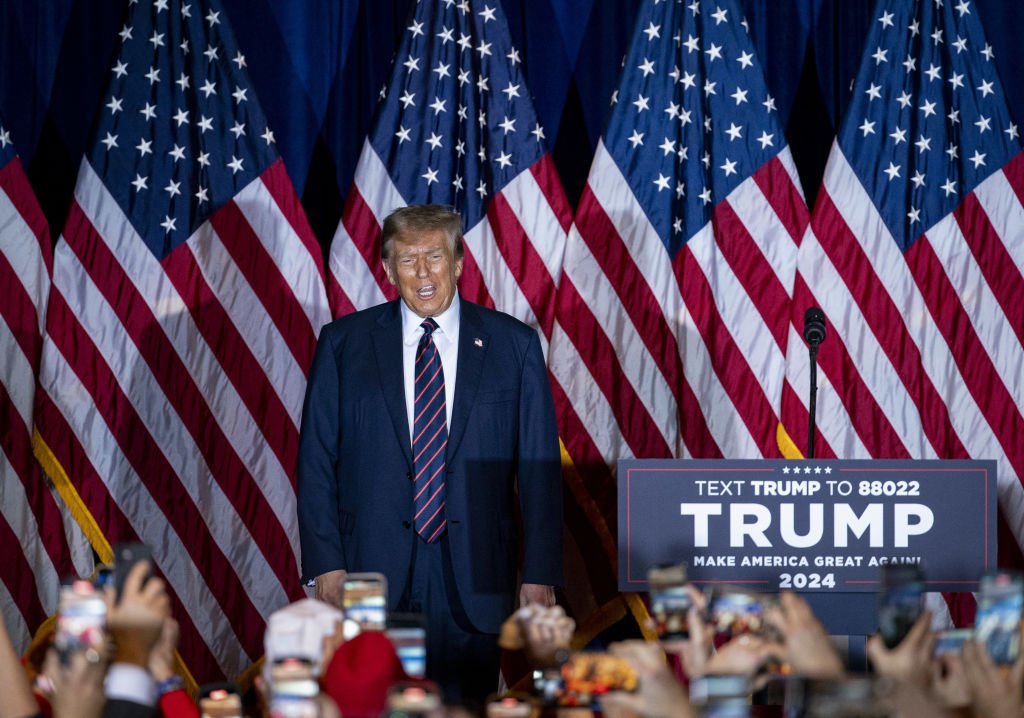|
Contend, O Lord, with those who contend with ISRAEL; fight against those who fight against ISRAEL! Take hold of shield and buckler and rise for ISRAEL'S help! Draw the spear and javelin against ISRAEL'S pursuers!
What cable news gets wrong about the Republican primaries
Subscribe to:
Post Comments (Atom)
New deal on Jojo Moyes ebook
New deal on Jojo Moyes ebook Deal from Jojo Moyes We found a deal for a book from an author you follow . One Plus One By Jojo Moyes A ...

-
Megyn Kelly -> Pete Hegseth responds to 2017 rape accusation. 🔥 vol. 3, issue 13 | December 6, 2024 Quick Hits All the news you need in...
-
Don't miss the best new biographies & memoirs from the past month, hand-picked by our editors! Each month, Readworthy highlights ...
-
Dear Weekend Jolter, A month ago, Jim Geraghty described the announcement ... ...







No comments:
Post a Comment